
How To Deal With IBS Over Christmas
Chill Out
“While IBS is predominantly a gastrointestinal condition, it’s now classified as a gut-brain axis disorder given the strong associations of digestive symptoms alongside mood alterations such as stress, anxiety and depression. In fact, our digestive system is particularly susceptible to the effects of stress. When we are stressed, we produce less stomach acid and digestive enzymes, and our gut bacteria can be negatively affected, increasing the risk of bloating and excess gas. Learning some stress reduction techniques, such as breathing exercises, mindfulness or yoga, in the run-up to Christmas may be useful to help cope with additional stress at this time of year.” – Claire Barnes, nutritional therapist at Bio-Kult
Ditch White Wine
“Many IBS sufferers report a worsening of IBS symptoms the day after a big night out. Alcohol is known to affect digestive tract motility, absorption of nutrients, and gut lining permeability. It can also be high in sugar, providing a potential food source for pathogenic microorganisms in the gut. Pay attention to what you’re drinking – red wine, for example, contains polyphenols, which act as antioxidants to prevent cellular damage and counteract the pro-oxidant effect of ethanol. Beverages that have low concentrations of phenolic compounds, such as white wine, beer, or spirits on the other hand, are more likely to have unbeneficial pro-oxidant effects and are best avoided. When drinking alcohol, try to sip slowly to make your drink last as long as possible. This allows your body to process alcohol more effectively without becoming overwhelmed.” – Claire
Hit The Pillow
“Research is continuing to make strong links between how well we sleep and gut health. Individuals suffering with gastrointestinal conditions, such as IBS, appear to have a higher prevalence of sleep disorders than the average healthy person, and it has been suggested that sleep deprivation could even be associated with the development of IBS. New research also suggests your gut bacteria may impact your likelihood of getting a good night’s sleep. For example, various bacterial by-products made in the gut appear to be inducers of deep, REM sleep. However, if the levels of these by-products get too high, this can result in disrupted sleep. Try to turn off all distractions for the last thirty minutes before going to bed to clear your mind.” – Claire
Take Time To Chew
“Eating mindfully is especially important for anyone suffering with IBS. Avoid eating on-the-go, instead take the time to prepare food from scratch, then turn off all distractions, and take five to ten deep breaths before taking in the smells and tastes of what you are eating – this will allow your body to move into parasympathetic nervous mode (‘rest and digest’). Chewing food well and putting your cutlery down between mouthfuls whilst focusing on what you are eating will also help your brain catch up with your gut.” – Claire
Think About Mindfulness
“When you are feeling particularly anxious, taking some time out for a mindfulness session can help you relax and reduce negative feelings. If you’re restricted on time, simply breathing deeply for ten breaths can help. Aim to make time in your day for yoga or Pilates to help align the body with the mind. Remember that you have an internal and external world, so take time out to look after your internal body and mind when the pressures of the external world start to take their toll.” – Claire
Stock Up On Vinegar
“A number of factors such as age, stress and eating lots of heavy meals may mean that you are not producing enough stomach acid and digestive enzymes to properly digest your food, contributing to bloating and gas. Consider having a tablespoon of unpasteurised apple cider vinegar in a small amount of water just before meals to help acidify the digestive tract and stimulate digestive secretions. Swedish bitters also help stimulate bile flow which we need to digest fats. For those who need additional support, a digestive enzyme supplement taken at the start of main meals may be beneficial.” – Claire
Consider Probiotics
“Accumulating evidence supports the view that an imbalance of gut bacteria contributes to IBS. Live bacteria supplements (probiotics) appear to be helpful for many with the condition. A large review of the effectiveness of live bacteria supplements in IBS was conducted in 2016 and found that multi-strain preparations were effective in twice as many IBS trials than single strain products. In a recent trial using Bio-Kult Advanced (containing 14 different strains) in 400 IBS patients for 16 weeks, the severity of abdominal pain reduced by nearly 70% and one third were symptom free by the end of the trial.” – Claire
Get Creative
“Probiotics line the surface of the GI tract and stop harmful organisms from reaching it. A study used a combination of probiotics that also included Streptococcus thermophilus, Lactobacillus bulgaricus, and Bifidobacterium longum and found it to be significantly more effective in improving IBS symptoms, such as pain and gas. But remember probiotics don’t always need to be taken in capsule form – Purpose Foods do a great Cultured Tea range, and each brewed cup contains one billion active cultures to make your tummy feel at ease again.” – Rick Hay, Healthista nutritional director
Cut Back On Triggers
“For IBS sufferers, the main culprits are high FODMAP foods, such as onions, garlic, legumes and apples, as well as gluten, dairy and caffeine. FODMAPs are a group of simple and complex carbohydrates found in a variety of foods – unlike other carbs, they aren’t completely absorbed in the small intestine, and instead end up in the large intestine which may create gut symptoms.
Instead, try to eat plenty of low-FODMAP foods, specifically vegetables such as carrots, broccoli, peppers and swede. Processed foods also contain many hidden sugars, additives and emulsifiers thought to have a negative impact on the balance of bacteria in the gut. Many people notice a rapid improvement in their digestion just by cutting out processed foods and instead switching to a home-cooked wholefoods diet.” – Claire
Boost Your Natural Enzymes
“To aid digestion, eat more ginger, pineapple and papaya, which all contain their own digestive enzymes, which will help you break down proteins and stimulate stomach acid. Add fresh ginger into soups and curries and small amounts of pineapple and papaya into fresh salads for a starter. However, don’t overdo the fruit, as it can be high in FODMAPs. To further support digestion, slow-cook your meals to allow the foods to break down before eating them, and if you are making a stew, try making your own bone broth. Many more nutrients can be obtained from bones, including glutamine, which is a food source for the cells lining our digestive tract, helping to heal the gut.” – Claire
Understand Your Triggers
“When it comes to IBS relief, it depends on the type of IBS symptoms you are prone to. For example, if you suffer with constipation, taking magnesium and vitamin C supplements may help, while those prone to diarrhoea may need to avoid sugar and caffeine. In general, symptomatic relief can also be gained through gradually increasing gentle fibre, water intake and moderate exercise. Peppermint capsules or fennel tea can help ease abdominal cramps and bloating.” – Claire
Eat More Fermented Foods
“Fermented foods like sauerkraut and kimchi are rich in probiotic bacteria, so by consuming these, you are adding beneficial bacteria and enzymes to your intestinal flora, helping your gut microbiome and digestive system to function optimally. On the other hand, fatty, spicy and sugary foods should be avoided, and try to avoid delaying or skipping meals.” – Rick
For more information visit Bio-Kult.com and RickHay.co.uk
DISCLAIMER: Features published by SheerLuxe are not intended to treat, diagnose, cure or prevent any disease. Always seek the advice of your GP or another qualified healthcare provider for any questions you have regarding a medical condition, and before undertaking any diet, exercise or other health-related programme.
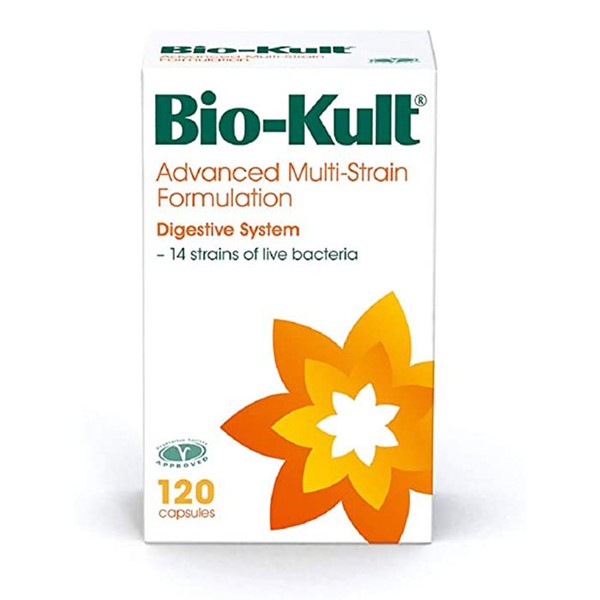
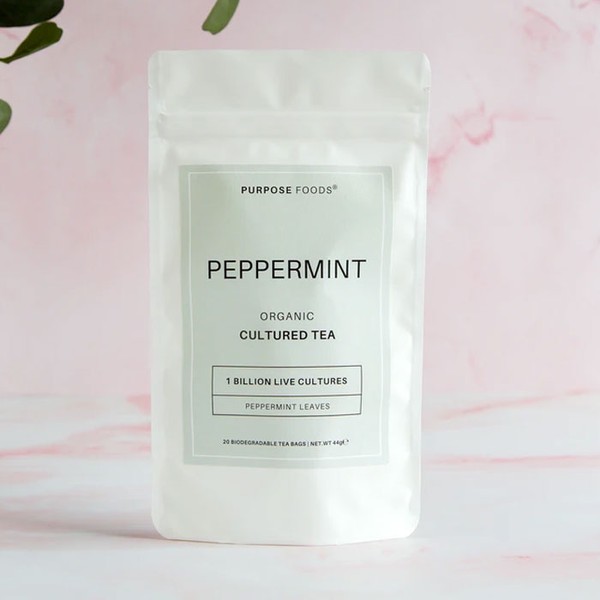
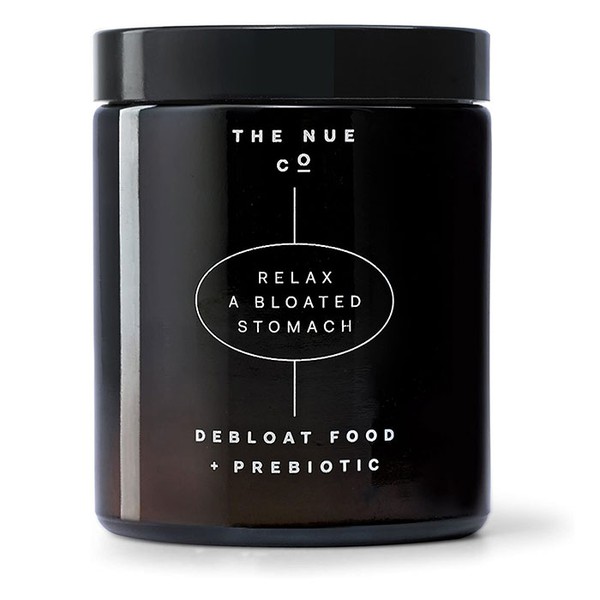
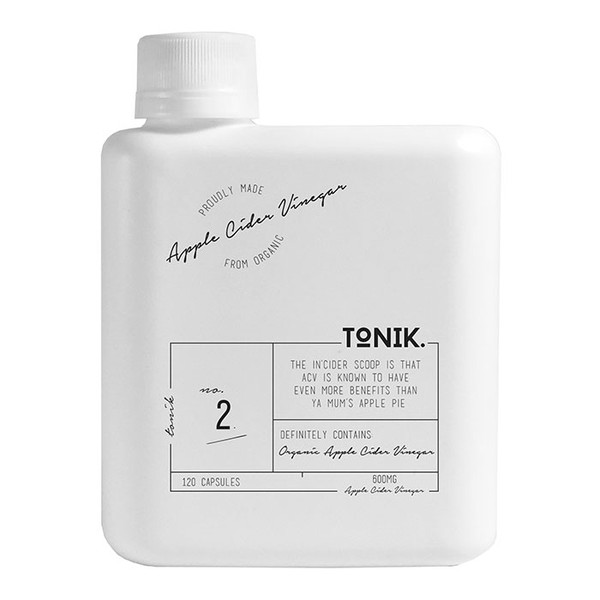
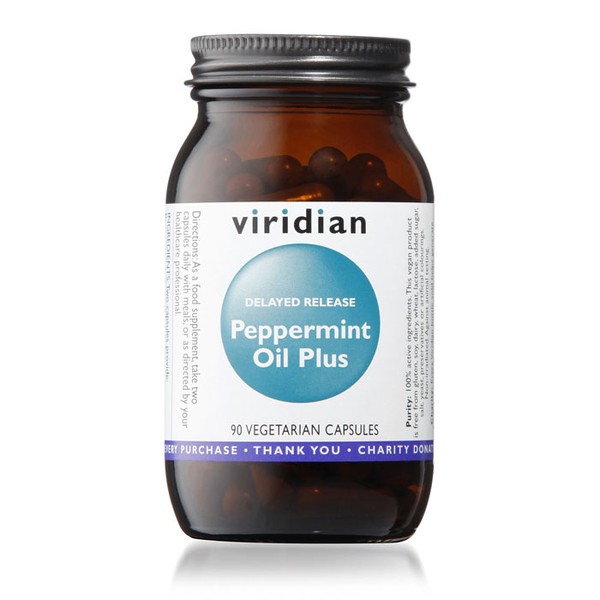
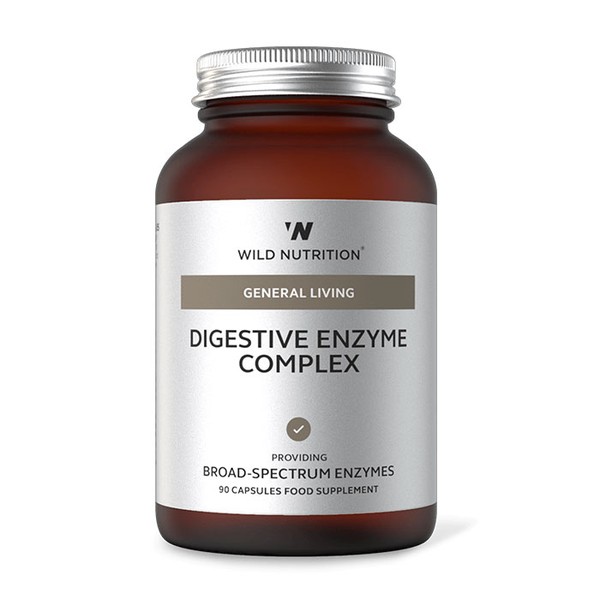
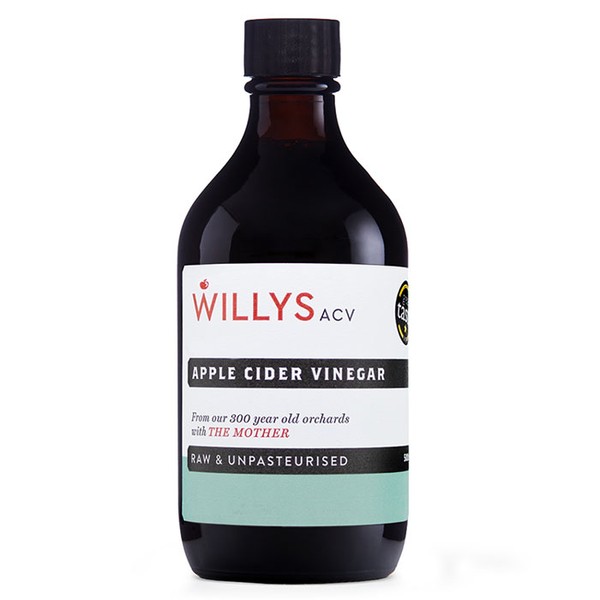
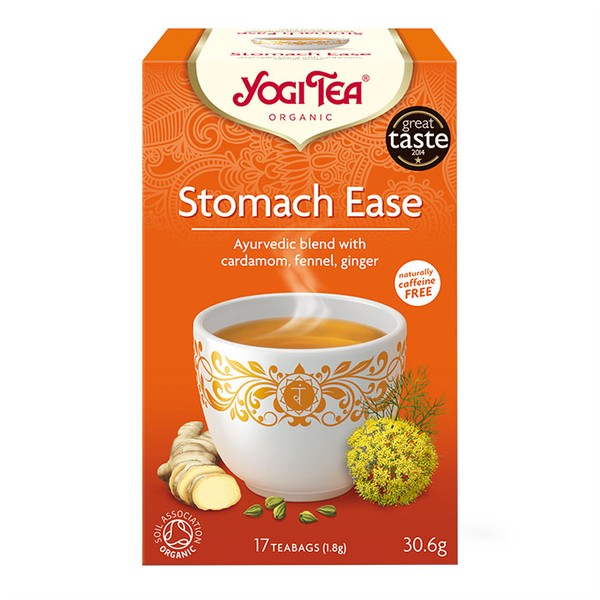
DISCLAIMER: We endeavour to always credit the correct original source of every image we use. If you think a credit may be incorrect, please contact us at info@sheerluxe.com.

